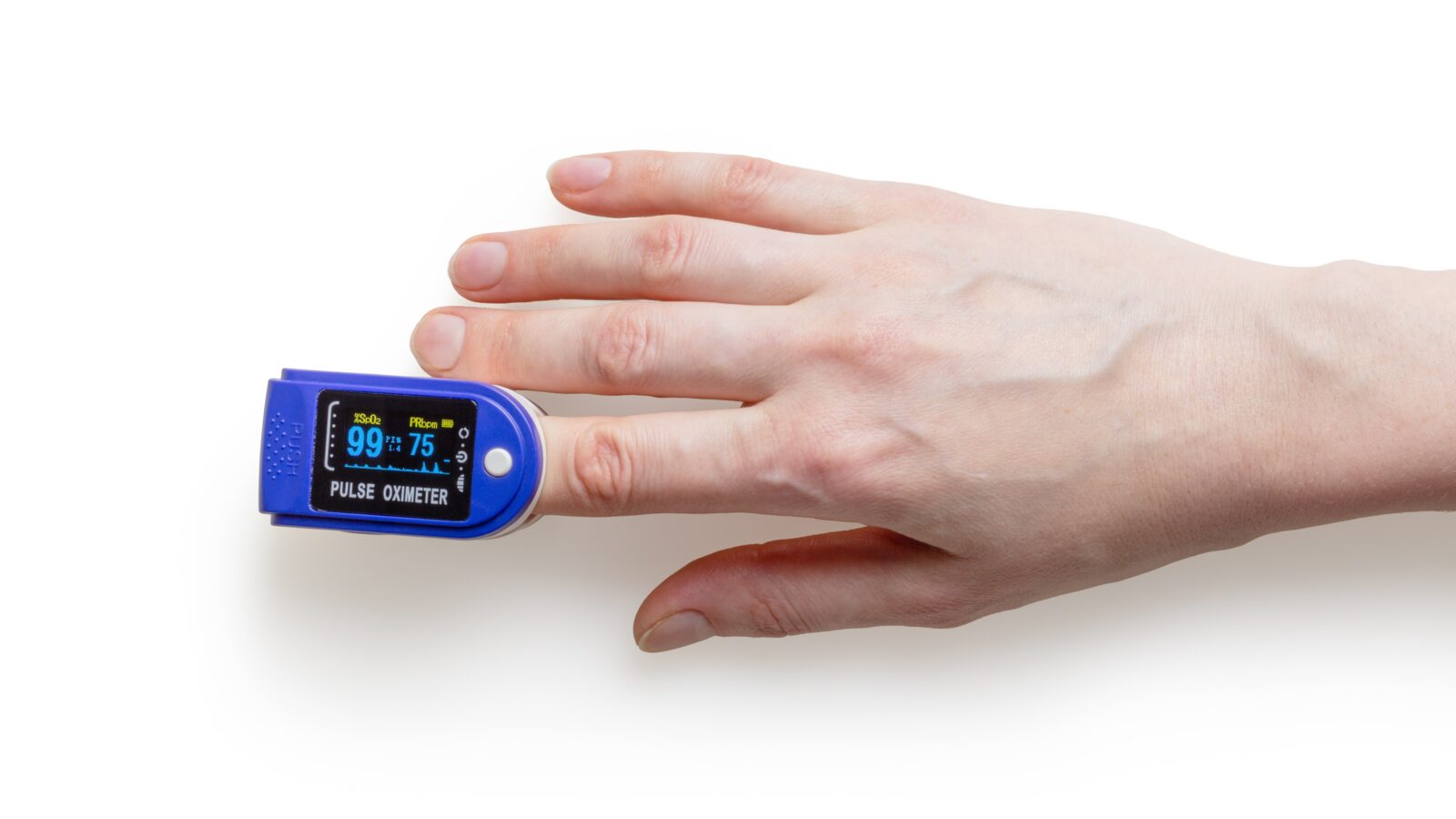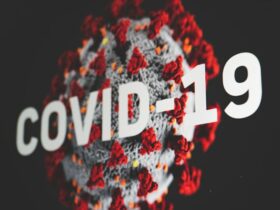If your blood pressure is at a healthy level, you probably don’t have to think about what time of day you eat. However, if you’re one of the millions of American adults who has high blood pressure, how and when you eat can make a big difference in lowering it.
Trying to keep your blood pressure levels down is important for your overall health and could help you avoid serious complications like heart attack, stroke, or heart failure.
Here are some guidelines on good eating habits to follow:
- Eat breakfast. Eating breakfast each morning helps keep your blood pressure low, especially if the meal contains whole grains, fruits and vegetables, and healthy fats like those found in fish, nuts, and seeds. And don’t skip meals — three square meals a day is better than two large ones.
- Don’t overeat. Overeating puts unnecessary stress on your body. To stay within a healthy weight range, count calories, and limit portion sizes. If you need to lose weight, be sure to get regular physical activity and consult your doctor or a registered dietitian for the best ways to cut back on calories without feeling deprived. Also remember that alcohol contains calories and should be limited as well.
- Eat less sodium. This is the single biggest dietary change you can make to reduce your blood pressure. Many people with high blood pressure eat more salt than they should; reducing your intake can often help bring your blood pressure down in as little as a week.
- Eating at night can elevate your blood pressure due to the amount of tryptophan it contains. Tryptophan is converted into serotonin within the brain, which induces sleepiness and lowers body temperature.
- Whole grains. Whole grains are high in fiber and other nutrients that can help keep your body running smoothly and lower blood pressure. They’re also a good source of energy for when you’re on the go.











Leave a Reply